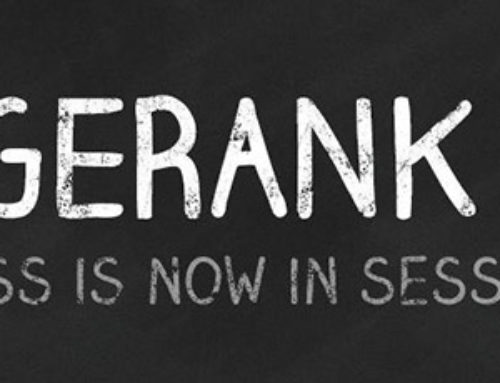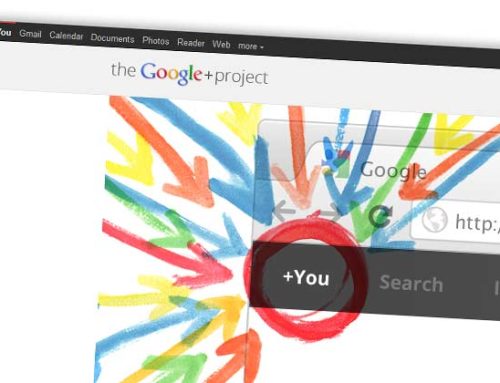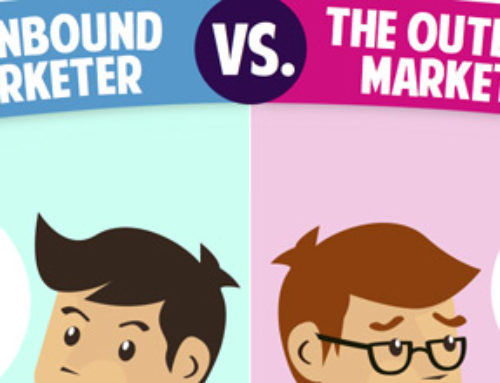When done correctly, the power of Facebook advertising is amazing. You have the potential to reach not only existing customers but also new ones through word of mouth, the most time-tested and valuable advertising of them all. As advertising on Facebook becomes more sophisticated, however, it is easy to feel overwhelmed and uncertain where to invest your energies (and dollars). While Facebook does provide several handy dandy guides to help you navigate Facebook ad services, even those can be daunting as you weigh all of your options. Understanding some Facebook for Business basics, however, will help you make your decisions.
Facebook divides its marketing tools into four different categories: Pages, Ads, Sponsored Stories, and Platform. While all have their perks, the most important one is your page, and, even better, it’s free! There is no point sinking time and money into paid Facebook advertising if you are not making the most of your Facebook page. It is very easy to do, but you would be surprised by how many businesses drop the ball and neglect even the simplest things, such as providing all of your business’s information on your page. So, fill out your page completely and upload not only a profile picture but at least five more images as well, so the Photostrip at the top of your page will have content. Also, the more interactive you make your page, the better. Post links, “like” other pages, add friends, and use your status updates to keep your fans informed about your business. These are just a few of the things you can do to develop your Facebook profile. Videos, events, discussions, and other features can also make a real difference. In many ways, you are recreating your official website on Facebook. Keeping your page informative, active, and interesting will foster visibility and cultivate a following.
Ads have been around for a while, and the main difference between an ad on Facebook and an ad anywhere else is the extensive targeting you can do. Granted, the more specifically you target your ads, the less expansive their reach. That also means, however, you can run several narrowly targeted ads to reach various demographics, rather than one ad that is supposed to appeal to a wide range of people. While it is slightly more work, it seems far more beneficial to run a handful of very specific, more likely to be effective ads than one ad that may reach a wider audience, but has less of a chance of engaging the people who see it.
Platform has four main components: building one or more apps, installing social plugins on your website, creating a personalized mobile experience, and Facebook Credits. Installing social plugins on your site, such as the “Like” button, is a no-brainer and, hopefully, you have already done this. Building an app or two can create a more dynamic experience for Facebook users, but is not for everyone. Facebook’s approach to mobile is closely linked to apps at the moment, but it also encompasses mobile websites. If you have begun the process of optimizing for mobile, it is well worth exploring your Facebook mobile options. Unless you are selling digital or virtual goods in games and apps on Facebook, you really do not need to be concerned with Facebook Credits. Eventually, Facebook Credits may become a viable currency system for other items, but that is probably down the road aways.
Sponsored Stories are perhaps the most novel form of Facebook advertising. As you know, when someone interacts with your page in some way that activity appears in his or her feed. Due to volume, personal settings, and the many other factors that can affect a person’s feed, those friends may or may not see that activity. A Sponsored Story, however, converts that activity into a fixed ad that appears on the right-hand side of Facebook. In some ways, it is analogous to the difference between organic search results and PPC ads. In this scenario, a user’s news feed is part of the organic results, but the Sponsored Story is paid advertising in a prominent area. Rather than worrying about keywords and designing an entire ad, however, you select one of seven Sponsored Story types: Page Like, Page Post, Page Post Like, App Used and Game Played, App Shared, Check-in, and Domain. Facebook actually provides a very clear chart comparing the different types of stories in their Sponsored Stories guide (page 10, as of this writing). The beauty of Sponsored Stories is that they seem less like ads, and more like information that your friends feel is worth sharing.
As you can see, you have a lot of options when it comes to advertising on Facebook, and not necessarily all of them will be a good fit. Determining what will work best for you can seem like a murky process at best. What is clear, however, is that Facebook is here to stay and is becoming an increasingly prominent presence. To continue to grow your business, you need to cultivate a Facebook presence, and Facebook ad services are definitely one way to do that. Whether you decide to experiment with Sponsored Stories, build an app, or simply maintain a dynamic Facebook page, you are establishing yourself on Facebook and taking important steps to making your business known, both online and off.
Facebook Advertising Can Be A Powerful Force, But Deciding Which Facebook Ad Services To Use Can Be Difficult. Understanding Some Facebook For Business Basics Helps.




